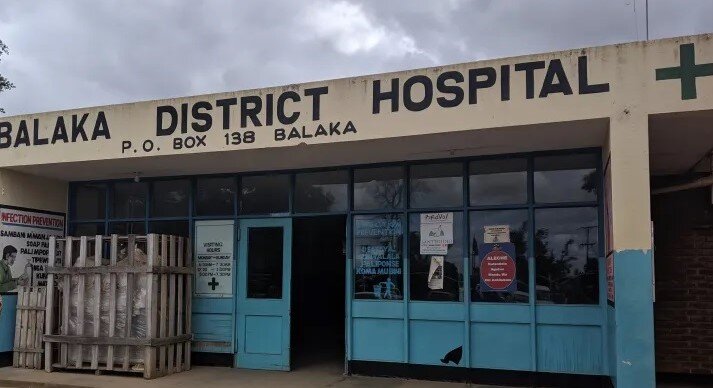
Communities around Mwima and Namanolo health centres in Balaka say they have been struggling to access condoms and other short term contraceptives as the two facilities have run out of the commodities and other essential medicines for treating Sexually Transmitted Infections (STIs).
Unavailability of condoms and other contraceptives is said to be a major setback in the provision of Sexual Reproductive Health (SRH) services in Balaka district.
The concerns were raised when Oxfam, Family planning Association of Malawi(FPAM) and Centre for Alternatives for Victimized Women and Children (CAVWOC) engaged the communities as well as health workers to appreciate the progress of Her Future Her Choice (HFHC) project.
The project which is primarily targeting adolescent girls and young women (AGYW) seeks to strengthen sexual reproductive health and rights (SRHR).
Information gathered from sources who spoke on the condition of anonymity at the two facilities reveals that communities have not had access to contraceptives for over six months despite placing orders at the District Health Office (DHO) on several occasions.
One source narrates that the DHO has always complained of transportation challenges for failure to supply the commodities.
He told Malawi24 that: “The problem has created panic especially among the youths who usually rely on the two facilities for their contraceptive needs.
“Demand for condoms and other contraceptives has been overwhelming as people have embraced the idea of using them unlike in the past where some cultural practices were a barrier.
He added: “Before the project, people were reluctant to use contraceptives but now, demand has significantly gone high as we distribute 500 condoms per week from 200.”
He further explained that before the project, the facilities were registering high cases of STIs and teen pregnancies due to lack of knowledge.
He then commended FPAM for building their capacity as health workers on how they can handle cases of sexual reproductive health, adding that they are now serving clients with competency.
He was, however, worried that the continued shortage of the commodities may have a potential to trigger increased teen pregnancies and STIs as some may resort to unprotected sex.
Responding to the challenges, Balaka District Health Office medical Officer, Leona Lowole, admitted about the challenge attributing it to lack of communication.
“In cases when the facilities run out of drugs and other commodities, they are required to place an order with the DHO. However, this was not done in these two cases.
“Pharmacy supervision and allocation of drugs is done regularly where some problems are identified. In case of an emergency, that’s when they communicate with the DHO.”
Her Future Her Choice project officer at FPAM, Esther Moyo, said the demand for the services among the youths has risen in the areas and there is need for authorities to intervene on the shortage. She feared the problem might have negative repercussions in the long run.
“Unfortunately, as a project we are not providing commodities in the project. We are worried that if the status quo remains the same, cases of teen pregnancies and STI’s among the youths will be on the rise,” she said.
In a quest to check the problem, FPAM intends to partner with Balaka District Health Office in training health workers on supply chain and logistics management so that they are able to know their status before they run out of stock.
According to Moyo, she is optimistic that the trainings would improve in the management of drugs and other essential medical commodities.
Her Future Her Choice project is being implemented in the two districts of Balaka and Lilongwe. In Balaka, the project has a catchment area of Traditional Authorities Kalembo and Amidu and is being run by a consortium of Oxfam, FPAM, CAVWOC, Youth Network for Development in partnership with the Government of Malawi with a financial support from the Global Affairs of Canada.
Follow us on Twitter:













